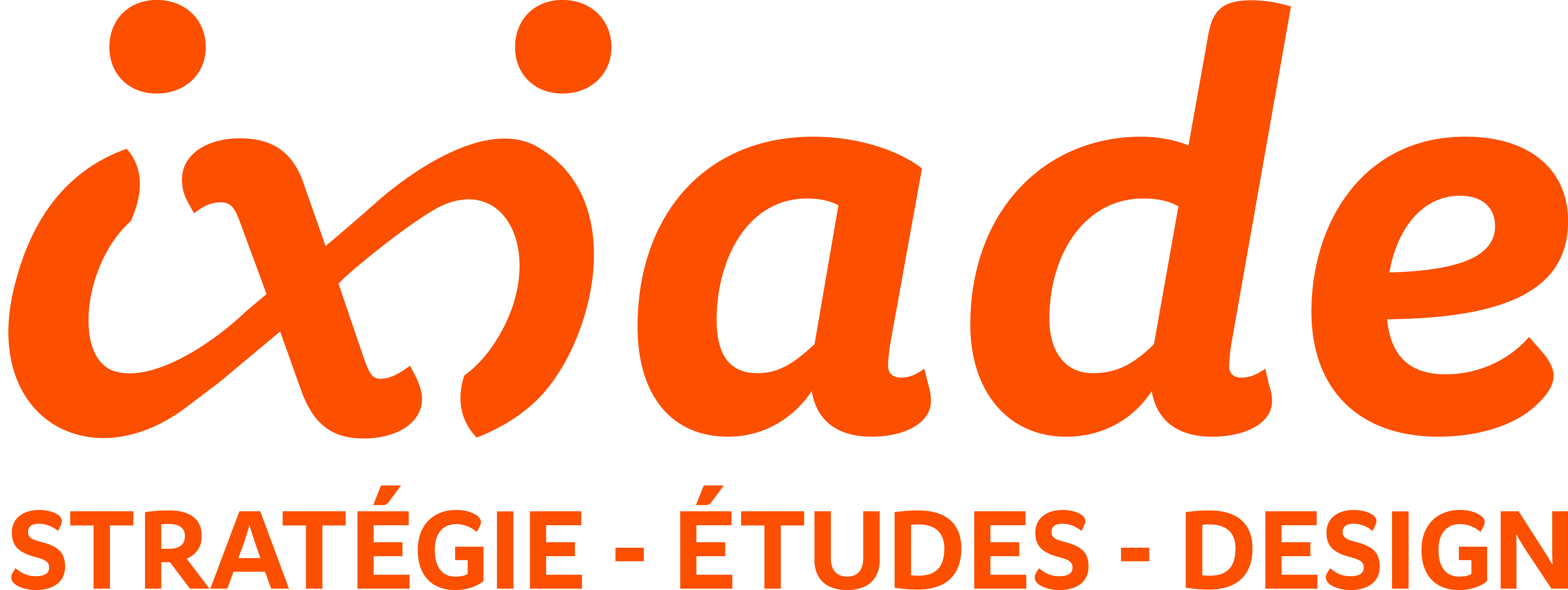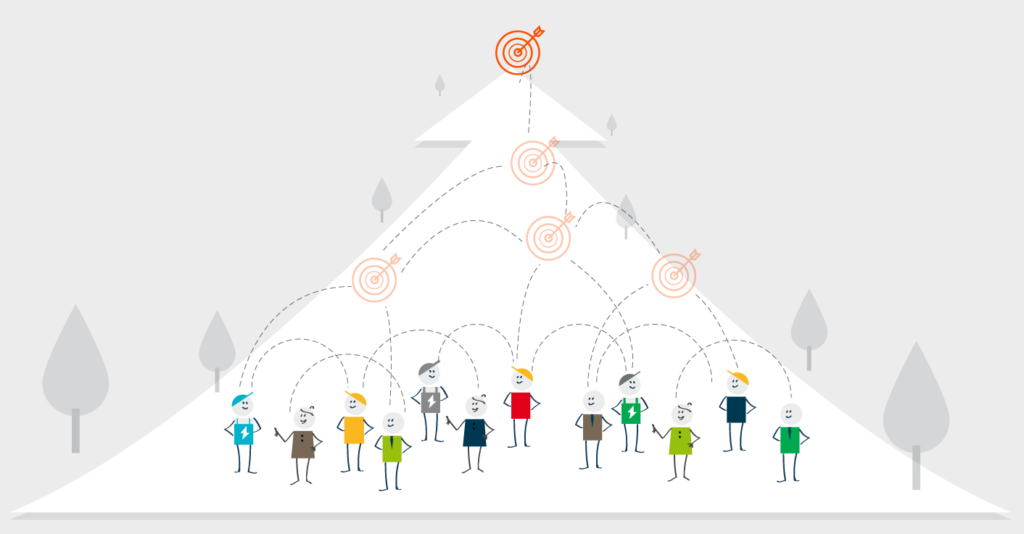It is sometimes difficult to predict with certainty the future of an innovation. However, some tools enable to consider plausible futures. It is the case of Delphi, a method used in the field of prospective since 1948 and in constant evolution. Dialog between analysts about the method, Florian Loeser and Julien Soler, User Experience Project Managers at Ixiade.
In a few words, how would you describe the Delphi method?
“It is a forecasting method mainly used when addressing complex or technical innovations that involve the expertise of several fields. In a few words, Delphi leads us to anticipate the future while generating interaction of evolution scenarios proposed by experts from different fields of activity.”
“In other words, it means: incorporate collective intelligence to the benefit of individual intelligence”
“Indeed, during a recent study, we have worked for two weeks with about twenty experts of smart grids (intelligent electrical networks). From data centers to renewable energies and urban infrastructures, we crossed these experts’ points of view in order to converge on a plausible model on the future of smart grids”.
What makes Delphi different from other methods?
“Mainly the precision it gives to propose an evolution scenario that is adapted to complex innovations. Thanks to its time dimension (longer than any classical method) and its iterative character (agile investigation), the method enables to reduce uncertainty in specific contexts.”
“It is interesting to see that it enables the experts to converge towards a scenario of the future and to see how uncertainty areas vanish during the process. Delphi has a dynamic dimension and provides results that are richer compared to systematic and on-shot methods, but it has consequences on the technicity required to make it work”.
Do you mean it is a method that is hard to apply?
“Difficult? No, I do not think so. But it is quite demanding in terms of resources and competences. It means first to identify experts that are eligible to the topic of the study, and moreover to involve them in a process that can last a few days or several weeks”.
“Indeed, it means that they have to feel involved by the purpose of the study, but also be stimulated by new enriching information on a regular basis”.
“True, and it also requires the survey manager to master a topic that is often complex in order to weave links within the information he/she collects.”
“Actuallyn this method comes as a complement of other prospective methods. Despite its costs in terms of human resources, economics and time, using Delphi can be decisive for companies.”
And for companies, in which cases can the method be applied?
“For an innovation project manager, we favor the use of Delphi under three conditions. Firstly, the issue of the client shows a high level of complexity. Secondly, the innovation or the topic is part of a complex and multi-stakeholders environment. Thirdly, the innovation or its future consequences are uncertain or difficult to master”.
“When one or several of the three conditions are met by the partner/client, the results linked to the use of Delphi will not only enable to perceive future trends and assess the coherence of evolution scenarios, but also to provide with a multidimensional analysis of the issue addressed by a given innovation”.
“To summarize, the experience we have with the Delphi method shows that it is a powerful prospective tool that very well suits complex and technical topics”.

